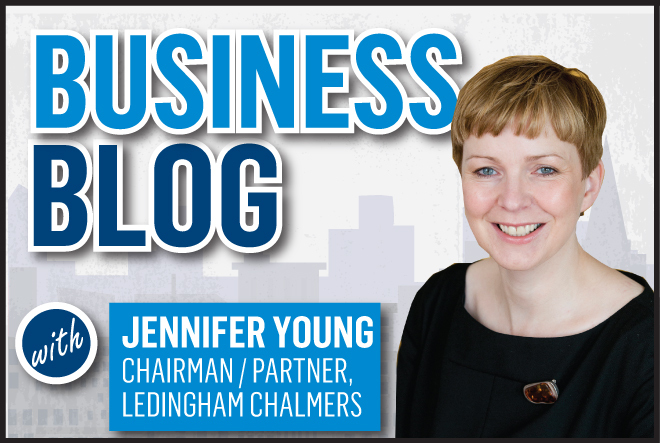Johnny Cash had a unique sound and one of the most original musical careers of the twentieth century. That’s what struck me while listening to “Folsom Prison Blues” en route to work this morning (no Freudian connection there I’m sure).
With recent high profile exits from Spotify by the likes of Taylor Swift, and artists banding together to form Tidal, their own music streaming service, musicians are taking the business risk of intellectual property theft seriously.
Copyright stories in relation to music hit the headlines regularly. The family of legendary singer Marvin Gaye received a multi-million dollar payout earlier this year after two contemporary artists were found to have copied elements of his work.
World Intellectual Property Day will be marked on April 26th and it should be celebrated as a chance to promote discussion of the role of intellectual property in encouraging innovation and creativity. One of the artists deemed responsible for copying Marvin Gaye’s work hit out at the authorities for stifling creativity after claiming his song was not directly related to the other. What would Johnny have said about that, I wonder?
As with most things in life, there is need for balance. World Intellectual Property Day encourages creativity and innovation, but protection and ownership of vital company information such as customer lists, unique recipes or designs has to be a priority for any employer.
On the flip side, what of the creative employee who feels constrained by that, on the basis that anything they come up with as a new invention will be owned by their employer? How does the employer get the best out of that employee, and vice versa? And then there’s the threat of all those copy cats out there waiting to pounce on the latest gadgets and gizmos.
As we enter conference season in a number of business sectors, companies of any scale must be sure they have any possible patent application in place to protect against intellectual property theft and even losing the right to patent protection altogether through public disclosure.
Most ideas are simple. They don’t come with a big bang but rather with a subtle change in perspective. Take farmer and former electronics engineer Tim Flaxman, who discovered when putting a ticket over one eye during a train journey that it decreased travel sickness. It resulted in the development of travel shades, which had one opaque lens to combat the negative effects of motion.
Protecting those ideas by registering intellectual property or imposing a confidentiality agreement is not always seen as simple. But take it from a lawyer, proving misuse of your company’s intellectual property without those protections should be your absolute worst case scenario.
Much like the expert law professionals who must determine if music has been copied, IP specialists can have a tough time wrangling with the finest of details. However, experience can be built over years so the signs become more apparent.
In fact it may be worth taking heed of Johnny’s words in the final verse of Folsom Prison Blues and prevent your business from being locked into an unfavourable situation, “Far from Folsom Prison, that’s where I want to stay.”
Jennifer Young is the chairman of Ledingham Chalmers LLP and will regularly be writing for the Press and Journal website each month.
